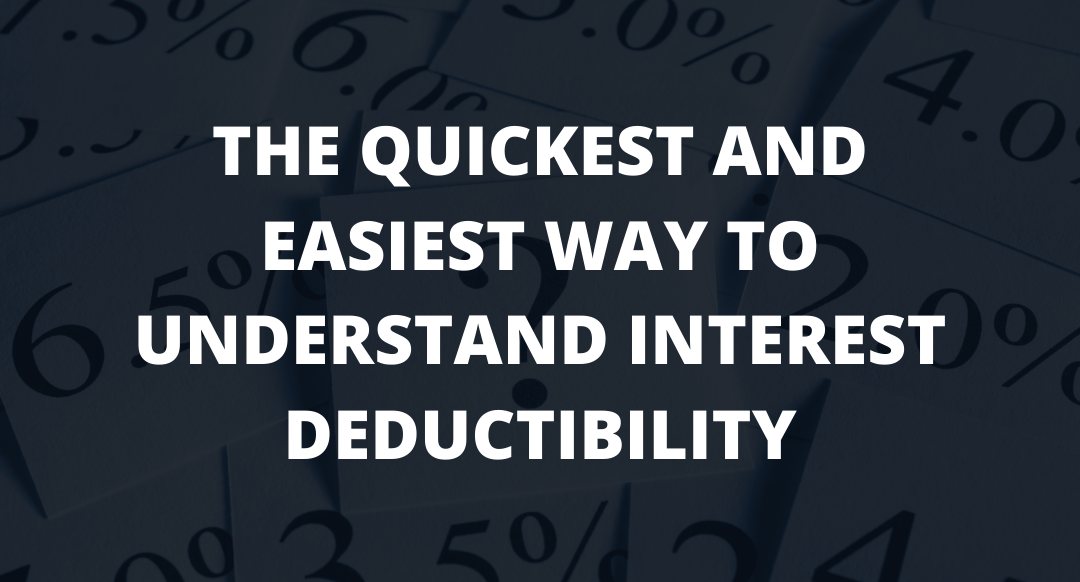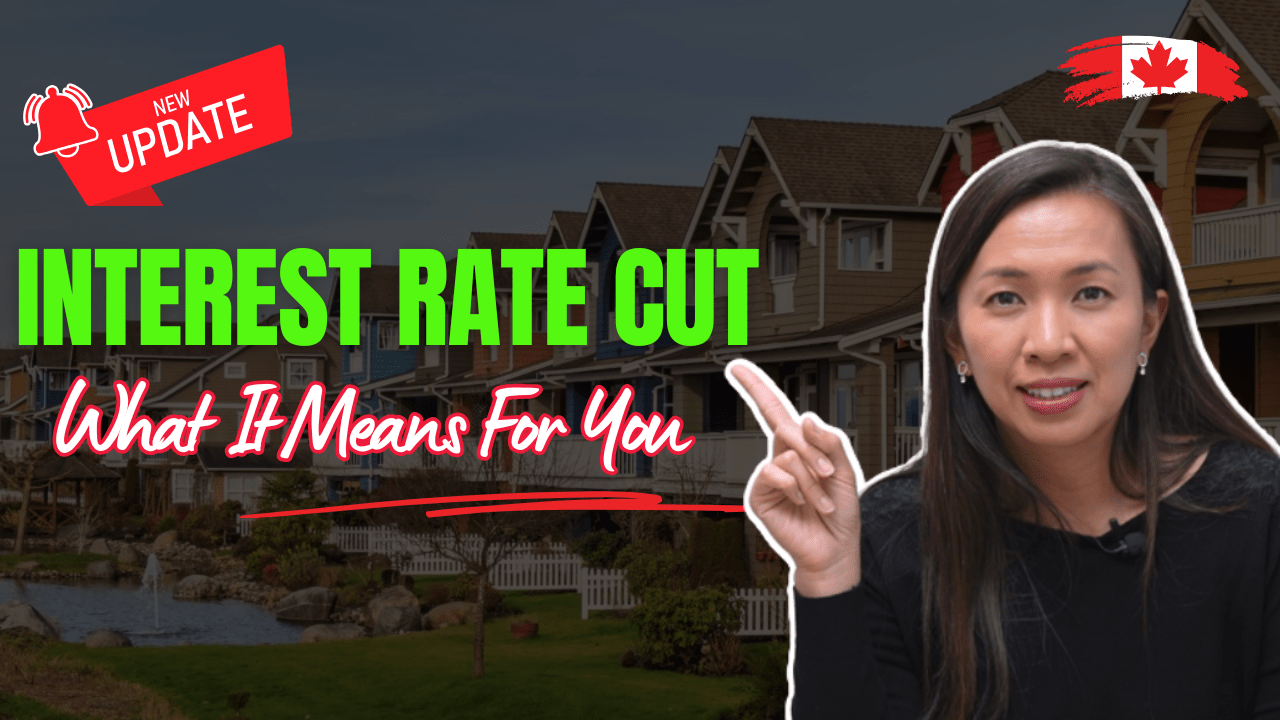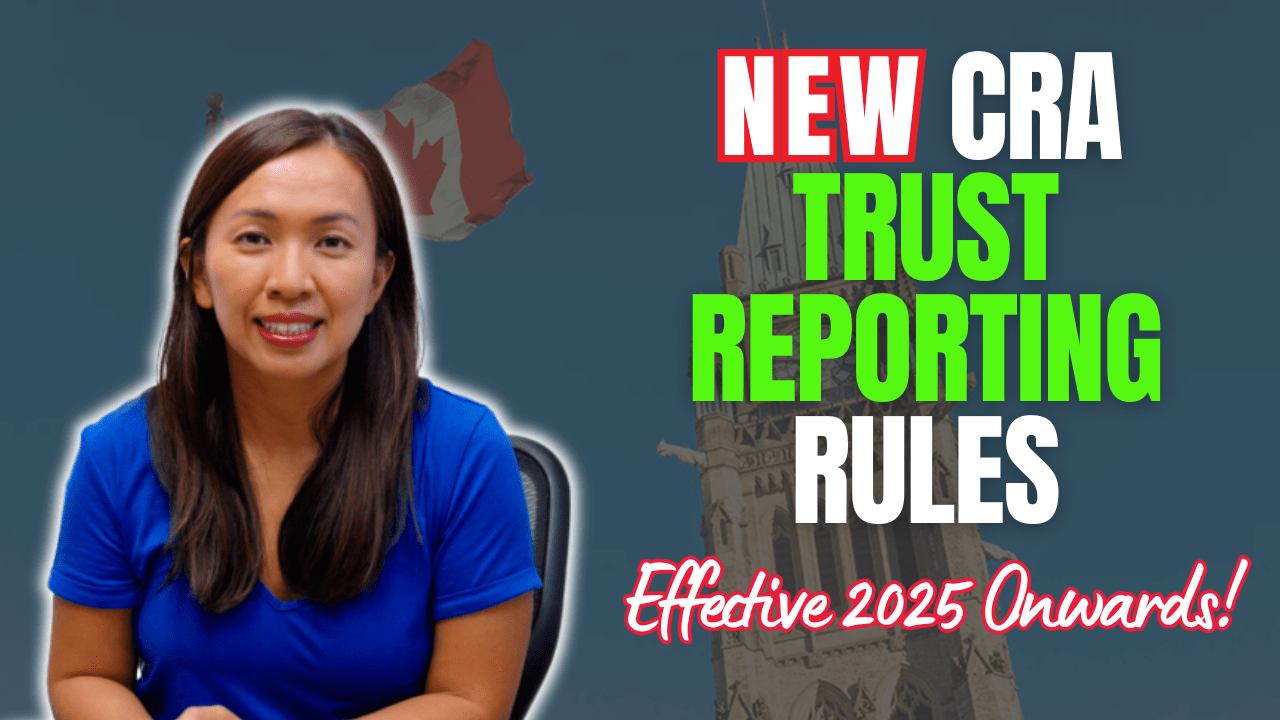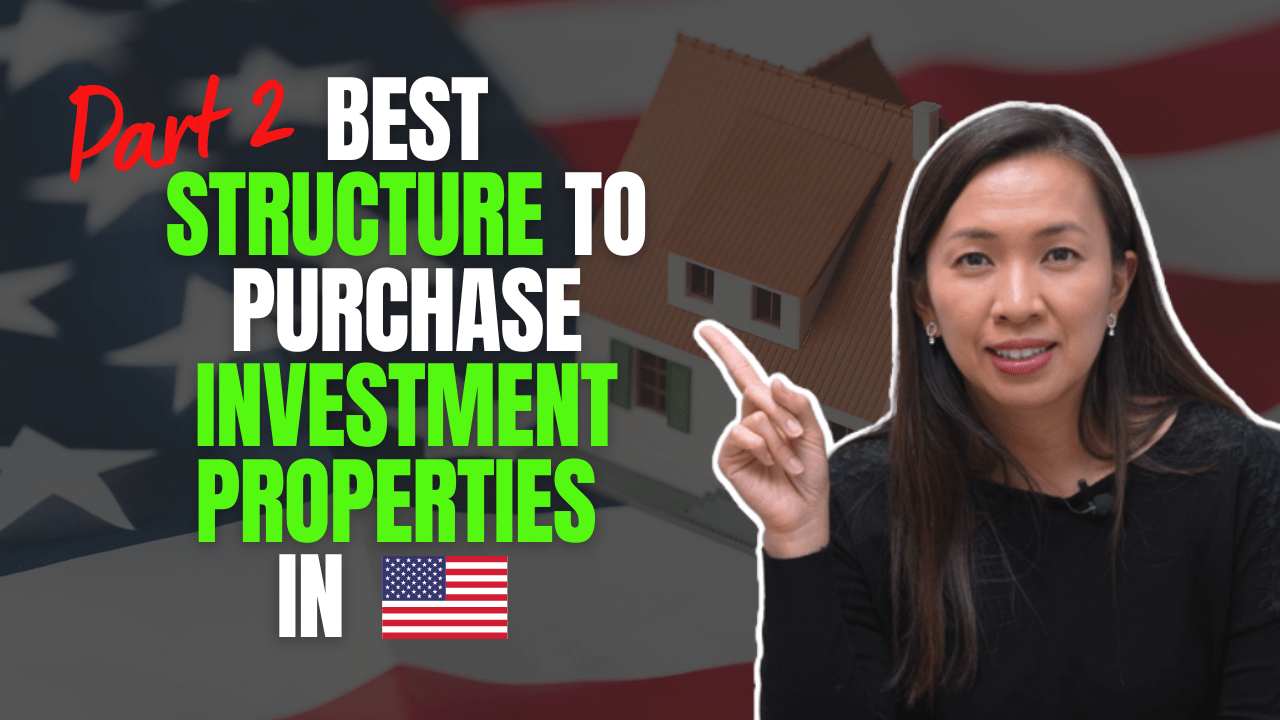
I recently had a consultation with a prospective client. She asked me the following question,
“I’m considering turning my current primary residence as a rental. I’ll use the HELOC that’s already setup on this property and use the funds to purchase my next primary residence. What is the tax implication?”
According to CRA Income Tax Folio S3-F6-C1 Interest Deductibility,
“Where money is borrowed, the use of the money must be established and the purpose of that use must be to earn income. Borrowed money used to acquire a life insurance policy or property the income from which would be exempt will not qualify.”
In another words, if she borrows money from her rental property and use the funds as downpayment for her future primary residence, the interest on the loan would not be deductible.
The purpose of the primary residence is NOT to be used to earn income, therefore, the interest on the borrowed money to acquire the primary residence is not tax deductible.
If you borrow money to invest in RRSP or TFSA or RESP, the interest incurred would not be deductible since the income from these registered accounts are tax exempt.
Interest on money borrowed to invest and earn taxable income is deductible. Interest on money borrowed to buy personal used properties are not deductible.
She shared my opinion with her bank mortgage broker, who did not believe it.
In the mortgage broker’s opinion, people do that all the time. People refinance their rental properties and use the proceeds to pay down their primary residence mortgage. He has never heard that taxpayers could not deduct the interest on a rental property against the rental income, specifically referring to the interest on HELOC used to purchase primary residence.
As much as I would like to agree with this mortgage broker, the Income Tax Act just isn’t written this way. ☹
Just a messenger here…
Don’t get me wrong. The original mortgage on the rental property is tax deductible. You’re incurring mortgage interest to earn rental income.
It’s only when the taxpayer either refinance or use the HELOC to purchase the primary residence, it is the interest portion related to the additional money you borrowed that isn’t deductible.
Using an example here, say you have a mortgage of $300K on a rental property and a line of credit of $200K available for you to use, you draw out this $200K line of credit to purchase your primary residence.
Interest on the $300K would still be deductible.
Interest on $200K wouldn’t be deductible because the funds are used to purchase primary residence, which is non-taxable.
Similarly, say you have a mortgage of $300K on a rental property, you go to the bank and get a mortgage of $500K. You use the additional $200K as the downpayment of your primary residence.
Say, at the end of the year, you incurred $20K interest expense on this new mortgage.
Interest on the $300K portion is deductible – that is $20K x $300K / $500K = $12K is tax deductible.
Interest on the $200K portion is NOT deductible – that is $20K x $200K / $500K = $8K is not tax deductible.
Years ago, when I first met Erwin, my husband, he was in the middle of settling his real estate investment from his previous relationship. He owned a few properties with his ex-wife and had been reporting rental income from his portfolio.
When I was preparing his personal tax return 🤓 as an amateur accountant then, I noticed that one of his rental properties did not have any mortgage interest claimed.
I wondered, ‘did they pay off the entire mortgage on this property? 🤔🤨’
He explained to me that they refinanced this property, which was their primary residence before, to take some equity out to purchase their next primary home in north Burlington.
He was half eager, half upset to share that he was the one who found out mortgage interest isn’t deductible when they used the funds to purchase their primary residence.
He confirmed his understanding with a renown real estate accountant in the industry.
As a result, he never deducted his mortgage interest on this rental property.
All these taxpayers are doing it and didn’t have any issues deducting interest expense.
I get this a lot.
A perfect analogy is speeding on highway 407.
I used to take 407 all the time. Speed limit on 407 is 100km/hour.
Most cars are going way faster than 100km/hour. Some would consider driving at 100km/hour on Highway 407 as unsafe – as most cars are way faster than you.
Occasionally there is one that gets caught, but most speeding drivers do not get caught.
If I speed and I don’t get caught, it doesn’t mean that I’m complying with the law, I am just lucky that day.
You can claim whatever you want in your tax returns. Ultimately, it is your tax return.
Just like the speeding analogy, my opinion is just the speed limit sign, what you do ultimately is up to you.
Are there ways to legally deduct the interest when you refinance your rental properties to purchase your home?
Yes, but not without a cost. Make sure you consult with a qualified accountant that knows interest deductibility.
Until next time, happy Canadian Real Estate Investing.
Cherry Chan, CPA, CA
Your Real Estate Accountant







Roxanna
Thanks for the great info! Could you explain what are the tax implications of the opposite scenario, i.e. move into your rental property, take the equity out, and then use that as a down payment of the next rental property. Also, is the capital gain tax still applicable on the “now principal residence (rental property before)” if you sell it later. Thanks!
Cherry
You will be subject to capital gain tax for the years that you don’t live in the property.
As mentioned in the blog post, interest is deductible when the fund is used for investment purpose. If you refinance your home to purchase rental property, the interest related to the fund you used to purchase your rental property is tax deductible.
Jacky cheng
I’m a little fuzzy on this one.. So let’s say if I lived in a property. Took out my home equity and purchased a rental property, the interest is tax-deductible. Then say a year later, I move into it the rental property. The old primary residence mortgage and HELOC is now tax-deductible and the old rental property (now a residence) should be not tax-deductible. Did I get that wrong?
leo
Hi Cherry,
i purchased your book and have enjoyed reading it thus far.
I came to this article as a result of hitting page 100 in your book which discusses a strategy to counter not being able to claim interest on borrowed money to purchase your next primary residence.
However, I am a bit confused with this topic for the following reasons.
1) changing the use of a property from primary to rental OR rental to primary, is deemed to be a “disposition”.
2) a disposition in CRA’s view is as if the property were “sold”. Here is a link from CRA https://www.canada.ca/en/revenue-agency/services/tax/individuals/topics/about-your-tax-return/tax-return/completing-a-tax-return/personal-income/line-127-capital-gains/principal-residence-other-real-estate/changes-use.html
I guess looking at it from this perspective, if the property is deemed as sold at fair market value, would that not be similar to as if you purchased the property and putting down 20% to purchase the property (in contrast to taking out 80% equity from the property)? It’s the amount of money you want to put down (keep) on the rental property.
If we consider the “change in use” in this manner, is it safe to say that the full mortgage amount (80%) should be interest deductible and 20% not?
What are your thoughts about the “change in use”/disposition perspective?
Thank you.